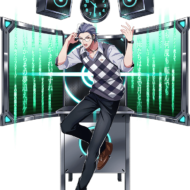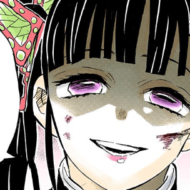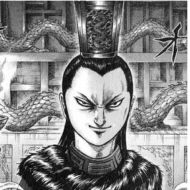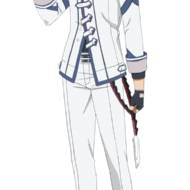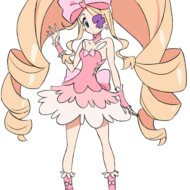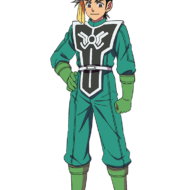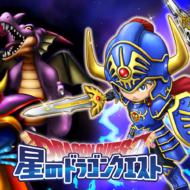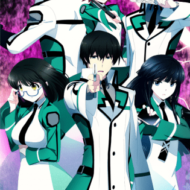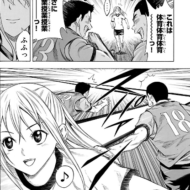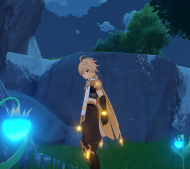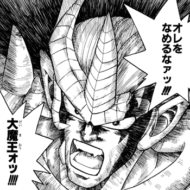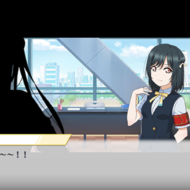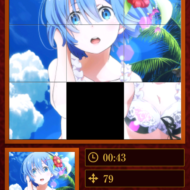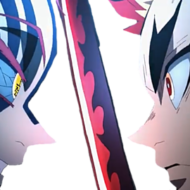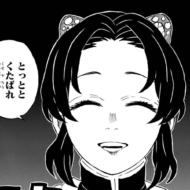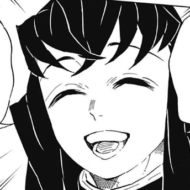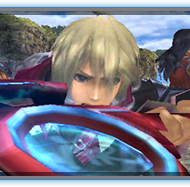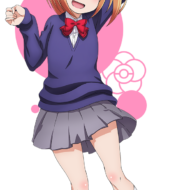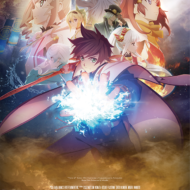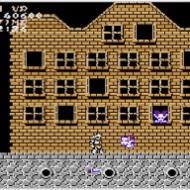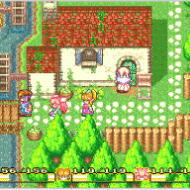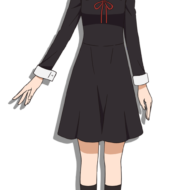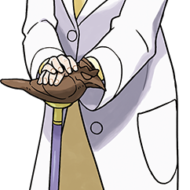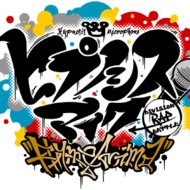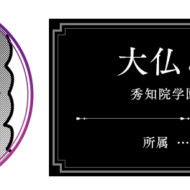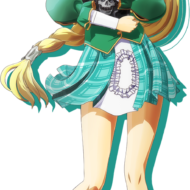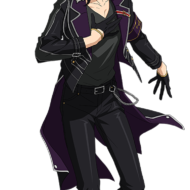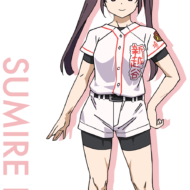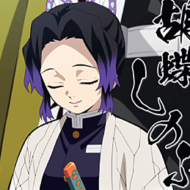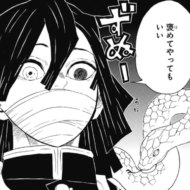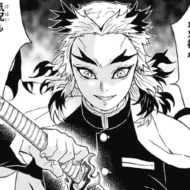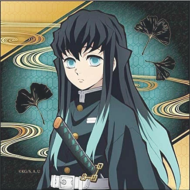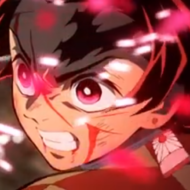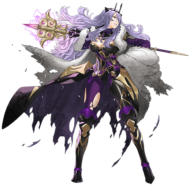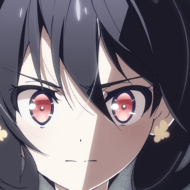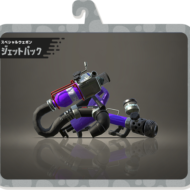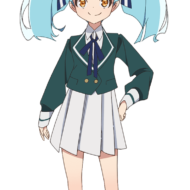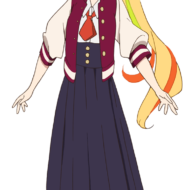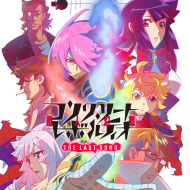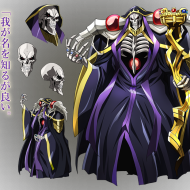The main character of the anime and manga series ‘Death Note’ is Yagami Light, also known as Kira. He was an honor student who discovered a supernatural notebook that granted him the ability to kill anyone whose name he wrote in it. Under the guise of justice, Light created a new world order by using the Death Note to rid the world of criminals and those he deemed unworthy of living.
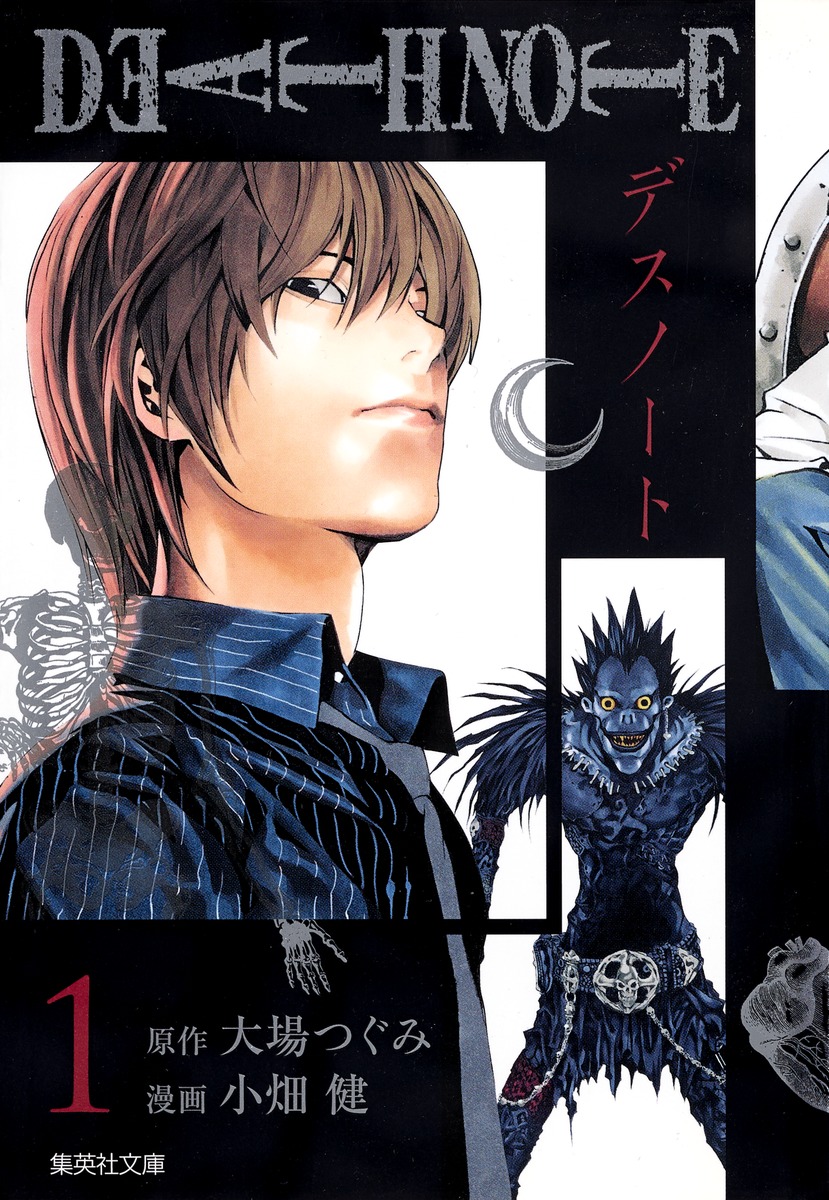
At the beginning of the series, Light believed that he was doing the right thing by using the Death Note to punish criminals who had escaped the justice system. He started by killing small-time offenders but soon escalated to taking out high-profile criminals and eventually even law enforcement officials who were pursuing him. He justified his actions by claiming that he was creating a safer and better world, one where justice prevailed.
However, as the series progressed, it became apparent that Light’s actions were not motivated purely by a desire for justice but were also driven by his own desire for power and control. He became increasingly tyrannical and ruthless, willing to sacrifice even innocent people to achieve his goal of creating a utopian society ruled by him.
It can be argued that Light’s actions in the series were not justifiable and that he was ultimately a villain rather than a hero. He acted without regard for the consequences of his actions, believing that he was above the law and had the right to determine who deserved to live and who did not. His single-minded pursuit of his goal led him to become blinded to the flaws in his plan, making him unable to see the harm he was causing to others.
On the other hand, it can also be argued that Light’s actions were driven by a desire for justice, albeit a twisted one. He believed that he was doing what was best for society by punishing criminals who had escaped the law and creating a more orderly world. In this sense, he saw himself as a noble crusader rather than a villain.
What is your reason for claiming justice?
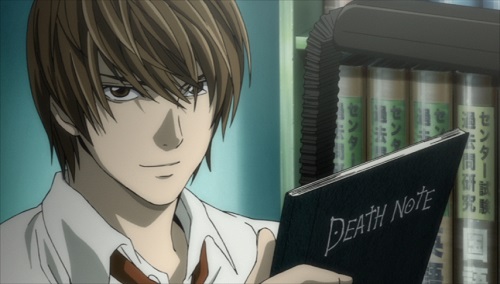
Here is an opinion on why Yagami Light’s actions in Death Note can be considered as justice:
Yagami Light’s actions can be seen as a form of vigilante justice, as he seeks to rid the world of criminals who have evaded punishment under the law. He believes that the current justice system is flawed and that criminals often escape punishment due to legal technicalities or corrupt officials.
Light’s actions are based on the idea that justice should be swift and effective, and that criminals should be punished for their actions. He uses the Death Note, a supernatural notebook that can kill anyone whose name is written in it, to carry out his mission.
Although his methods involve killing, Light believes that the end justifies the means. He argues that his actions are necessary for the greater good, as they will create a safer and more just society. He also sees himself as a savior, someone who is willing to do what others are unwilling or unable to do.
Additionally, Light is not motivated by personal gain or revenge, unlike many other vigilantes in popular culture. He sees himself as a crusader, someone who is fighting for a noble cause. His ultimate goal is to create a world free from crime and corruption, where people can live their lives without fear.
In conclusion, while Light’s actions may seem extreme and morally questionable, they can be seen as a form of vigilante justice. He believes that his actions are necessary to create a better world, and he sees himself as a hero fighting for justice. Whether his methods are justified or not is a matter of debate, but his conviction and dedication to his cause cannot be denied.
Why do you claim it’s bad?

There are several arguments that can be made to support the claim that Yagami Light’s actions in Death Note are immoral and unjust.
Firstly, one could argue that Light’s actions go against the principles of natural law, which is a philosophical concept that states that there are certain inherent moral laws that govern human behavior. According to natural law, killing another human being is inherently wrong, and any action that violates this principle is unjust. From this perspective, Light’s use of the Death Note to kill criminals is not only illegal, but also unethical.
Secondly, some may argue that Light’s actions are immoral because he is essentially acting as judge, jury, and executioner, without any due process of law. By taking the law into his own hands, Light is denying the criminals their right to a fair trial and the opportunity to defend themselves against the accusations made against them. It is worth noting that this argument has been echoed in the show itself by the character L, who is tasked with bringing Light to justice.
Another argument against Light’s actions is that his use of the Death Note leads to a slippery slope of vigilantism, where individuals can justify their own acts of violence or retribution against others they disagree with. This is exemplified in the show by the character Misa Amane, who is also a user of the Death Note and kills individuals for personal gain rather than justice. By condoning the use of the Death Note, Light sets a dangerous precedent that could lead to widespread chaos and violence in society.
Finally, it can be argued that Light’s actions are selfish and egoistic, motivated by his desire to become a god-like figure who can rid the world of evil. Light’s actions are not motivated by altruistic concerns for the greater good or the well-being of society as a whole but rather by his own personal agenda. By pursuing his own goals, Light disregards the harm he may cause to innocent individuals and the system of justice that is in place to protect them.
In conclusion, while some may argue that Light’s actions in Death Note are justified, there are several compelling arguments to suggest that they are immoral and unjust. From a natural law perspective, Light’s actions violate the inherent moral laws that govern human behavior, while from a legal perspective, they undermine the principles of due process and the rule of law. Moreover, Light’s actions could lead to a dangerous precedent for vigilante justice and are motivated by selfish and egoistic desires rather than altruistic concerns. Therefore, it can be argued that Yagami Light is not a hero but rather a villain in the story.
summary
Ultimately, Light’s actions were a complex mixture of moral and ethical considerations, motivations, and intentions. While he may have started out with good intentions, his ultimate descent into tyranny and megalomania resulted in him losing sight of his original goals and becoming a danger to society. The debate around the character of Light and the morality of his actions will undoubtedly continue to be a subject of discussion among fans of the series.


